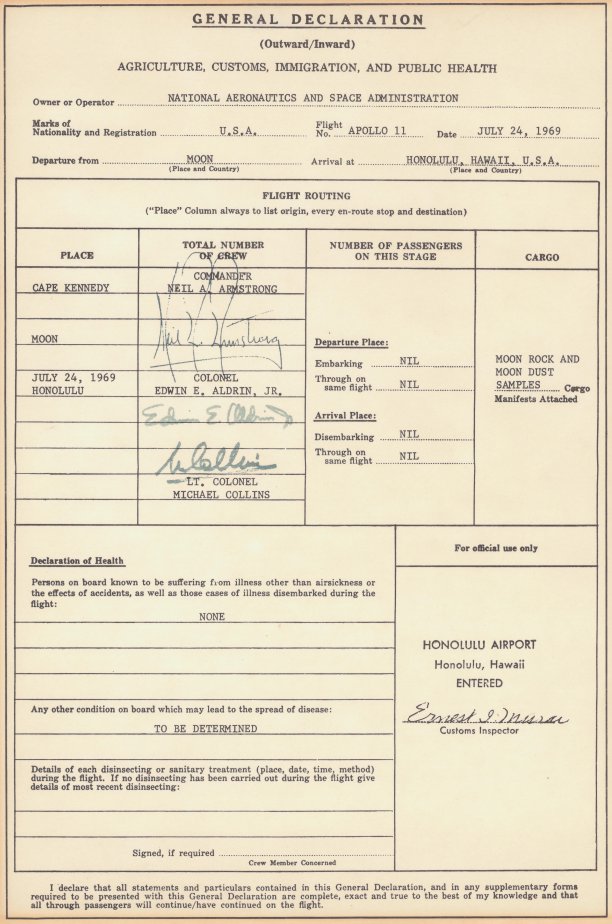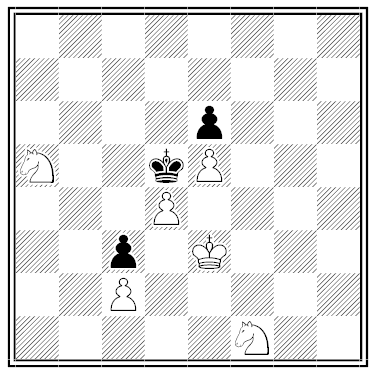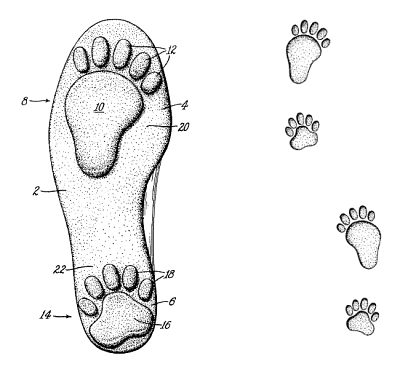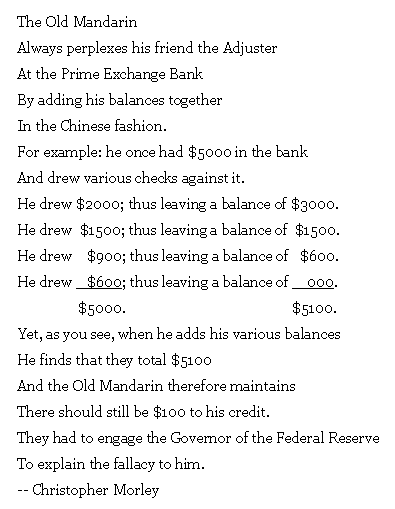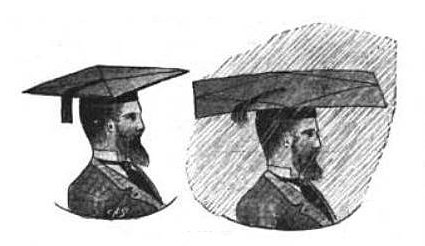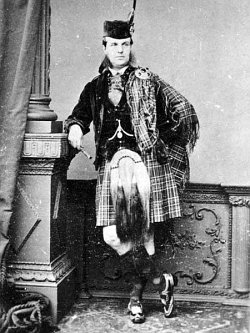
In 1871 a man calling himself Lord Gordon-Gordon arrived in Minneapolis. He said he had come to purchase about 50,000 acres of Minnesota land to resettle some tenants from his ancestral estates in Scotland. After selecting the land he traveled to New York, ostensibly to arrange a transfer of funds. There his apparent wealth attracted financier Jay Gould and editor Horace Greeley, and the three formed a partnership to gain a controlling interest in the troubled Erie Railroad. Gould gave his new friend $1 million in cash and securities as a gesture of good faith.
When Gould discovered that Gordon-Gordon was selling these, he realized he had been conned, but the swindler fled to Canada before he could be tried. There he escaped an attempt to kidnap him and eluded capture until 1874. When officers finally confronted him with charges of larceny and forgery, he drew a revolver and shot himself.
To this day, his real identity remains unknown. A Scottish peer he certainly was not: It turned out that before coming to America he had swindled Englishmen and Scotsmen out of some $50,000 while posing as “Lord Glencairn.” “Whatever and whoever he was,” writes historian Edward Harold Mott, “he had genius enough to deceive the shrewdest financiers, the greatest editor, and the most brilliant lawyers of this country.”
